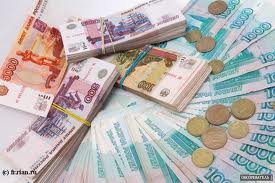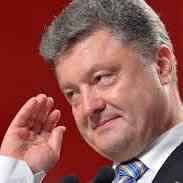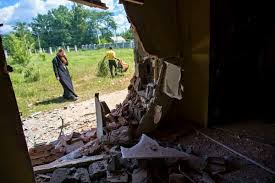(The Globe and Mail) The Russian ruble has plummeted in value this week. A desperation central bank rate hike on Monday evening ensured future recession but failed to stem the ruble’s rout. Western leaders can be forgiven for experiencing schadenfreude as their Russian nemesis, President Vladimir Putin, faces the prospect of his country’s imminent economic collapse. Yet true financial meltdowns have far-reaching, unpredictable, and often nasty consequences. Rather than celebrating or encouraging the current market panic in Russia, the West should try to stop it.
The ruble steadily declined since July, as falling world oil prices and Western sanctions took their toll. The central bank’s decision to float the ruble with only occasional interventions, a policy planned before the Crimean annexation, facilitated the slide. When the oil price dropped below $56 a barrel this month from a midsummer peak of more than $100, Russia’s oil-dependent budget was hammered. Sanctions chipped away at the economy by making it harder for Russian companies to access Western financial markets, a significant problem given their substantial foreign-currency debts. In late November, Russian Finance Minister Anton Siluanov estimated the cost of lost oil revenue at $90-billion to $100-billion and the cost of sanctions at $40-billion. In short, the Russian economy was under significant pressure before the current crisis. […]
See the full article © The Globe and Mail











